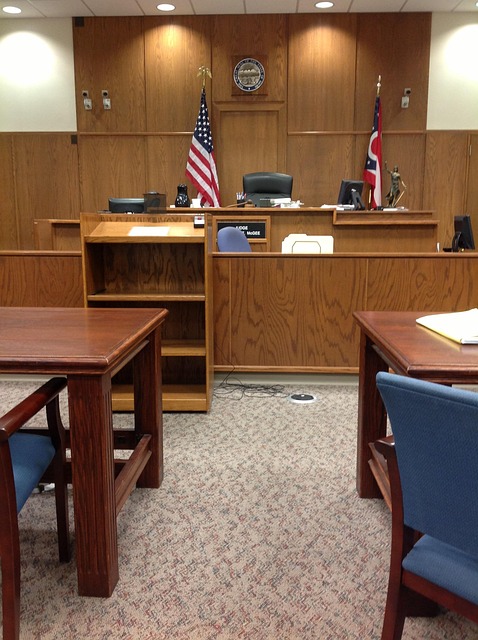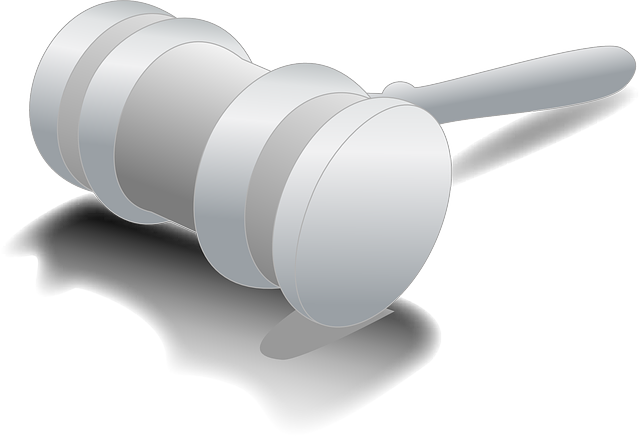Antitrust violations disrupt markets, affecting consumers and businesses with higher prices, reduced choices, and decreased quality. When pursuing personal injury claims from these violations, calculating damages is complex due to the need to consider broader market impacts. Experts use financial modeling, historical data analysis, and expert testimony to assess losses. A robust legal framework guides investigations, ensuring fair compensation for individuals harmed by anti-competitive practices, with successful plaintiffs securing substantial damages. Victims must gather comprehensive evidence, including financial records and market data, through meticulous record-keeping and proactive legal action guided by experienced antitrust attorneys.
“Antitrust violation cases pose significant challenges to market integrity and consumer welfare. This article delves into the intricate world of antitrust law, explaining key concepts and their impact on competitive markets. We explore how illegal practices by corporations can lead to harmful effects on consumers and the economy. Furthermore, we dissect the process of calculating damages in these cases, emphasizing the importance of legal frameworks for assessing compensation, particularly relevant when considering Calculating Damages in Personal Injury Cases. By understanding these aspects, victims can better navigate strategies to seek justice and redress.”
- Understanding Antitrust Violation Cases: Definition and Key Concepts
- The Impact of Antitrust Breaches on Consumers and Markets
- Calculating Damages: Legal Framework and Assessment Methods
- Strategies for Victims to Seek Compensation in Antitrust Violation Cases
Understanding Antitrust Violation Cases: Definition and Key Concepts

Antitrust violation cases involve businesses or individuals breaking laws aimed at promoting fair competition in markets. These laws, often referred to as antitrust or competition laws, vary by jurisdiction but share common goals: preventing monopolies, fostering market competition, and ensuring consumers access goods and services at reasonable prices. When these laws are violated, the consequences can be severe, leading to high-stakes cases that ripple through all stages of the investigative and enforcement process.
Understanding the impact of antitrust violations is crucial, especially when considering Calculating Damages in Personal Injury Cases. In addition to economic losses for consumers and businesses affected by monopolistic practices, these violations can disrupt entire industries and have repercussions for philanthropic and political communities. As such, effective enforcement mechanisms are essential to maintain a level playing field and protect the interests of all market participants.
The Impact of Antitrust Breaches on Consumers and Markets

Antitrust breaches can have far-reaching consequences for consumers and markets alike. When companies engage in anti-competitive practices like price fixing or market division, it often results in higher prices, reduced choices, and decreased quality for consumers. These violations distort market forces, leading to inefficient allocation of resources and hindering economic growth.
Calculating damages in personal injury cases related to antitrust breaches is complex. Unlike traditional personal injury claims, assessing losses involves considering the broader impact on the market. Economists and legal experts may employ various methods, including analyzing price trends, market share shifts, and consumer behavior changes, to determine the extent of harm caused by the violation. Winning challenging defense verdicts in such cases requires a thorough understanding of both the legal framework and the economic landscape, often involving intricate financial modeling and expert testimony to prove that white-collar and economic crimes have tangible effects on individuals and communities.
Calculating Damages: Legal Framework and Assessment Methods

Calculating damages in antitrust violation cases, particularly personal injury claims, involves a complex legal framework and meticulous assessment methods. The primary goal is to restore individuals to their pre-injury state, ensuring they receive fair compensation for losses incurred due to anti-competitive practices. This process begins with identifying the scope of harm, which includes quantifying economic and non-economic damages. Legal experts use various methods such as financial modeling, expert testimony, and historical data analysis to determine the extent of financial loss.
The legal framework guiding these calculations is robust, encompassing all stages of the investigative and enforcement process. This ensures a thorough examination of each case’s unique circumstances. Over time, successful plaintiffs have achieved extraordinary results, showcasing an unprecedented track record in securing substantial damages that reflect the true impact of antitrust violations on individuals’ lives.
Strategies for Victims to Seek Compensation in Antitrust Violation Cases

Victims of antitrust violations have a right to seek compensation for the harm caused by these illegal practices. The first step is to gather comprehensive evidence documenting the violation, including any financial records or market data that demonstrate the impact on their business or personal situation. This evidence is crucial when calculating damages, as it provides a clear picture of the loss incurred due to the antitrust breach.
For his clients involved in such cases, achieving extraordinary results often lies in meticulous record-keeping and proactive legal action. While calculating damages in personal injury cases can be complex, victims can increase their chances of a favorable outcome by consulting with experienced attorneys who specialize in antitrust law. These experts will guide them through the process, including potential avenues for compensation, whether through settlement negotiations or jury trials, to ensure they receive fair and just redress.
Antitrust violation cases, with their far-reaching implications, highlight the importance of understanding and addressing market monopolies. By examining key concepts, assessing impacts on consumers and markets, and employing robust legal frameworks for calculating damages, victims can navigate complex paths to compensation. Strategies for seeking redress in these cases are essential tools for holding corporations accountable and ensuring fair competition, ultimately benefiting the broader economy and individual consumers alike.






